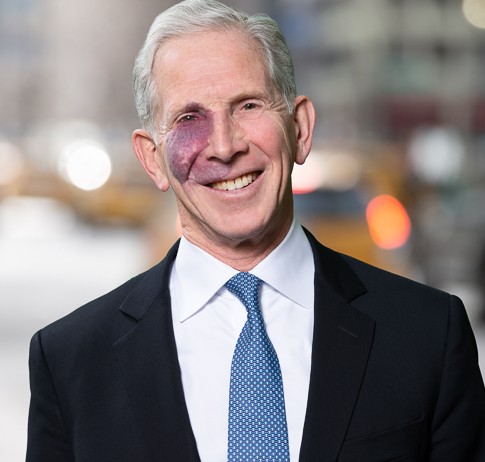US head of the white collar and investigations practice Martin Auerbach was featured in Agenda’s recently published article, ‘Directors Growing More Tolerant of Bad Behavior.’ The article discusses the pandemic’s impact on corporate integrity and the growing gap between what business leaders say is important and their actions.
“Companies, corporate leadership, and employees are operating in a volatile market and under significant pressure to meet financial targets. That can create the compulsion to do what it takes to meet the numbers. Added to that is the remote work factor,” said Auerbach, a former federal prosecutor, and a former general counsel and chief compliance officer, pointing to the so-called “watching-eye effect.” "The idea," he explained, "is that people behave better with just the image of an eye present while they conduct certain activities, on account of feeling watched." “What remote working has meant is that there is no watchful eye,” he said. “You’re not sitting next to your colleagues. When you’re thinking about doing something wrong, there’s nobody there who might see you do that.”
Another factor, according to Auerbach, is that there has been a downturn in accountability from prosecutors and regulators as white-collar enforcement has declined over the past two decades. “When people aren’t being held to account, they don’t feel they are going to be held to account,” he explained. “Add this to remote work and market pressures; the other side of the seesaw inserts more force.” Martin adds, “I think one of the things that people lose sight of when there isn’t much consequence for bad behavior is how serious the consequences for bad behavior will ultimately be, or can ultimately be,” he noted. "Executives and directors may forget that when a company like VW is caught in a massive scandal, stock prices can take a huge hit, and it can take years to repair the business’s reputation.”
For those that subscribe to Agenda, the full article can be read here. Please note a subscription is required.

